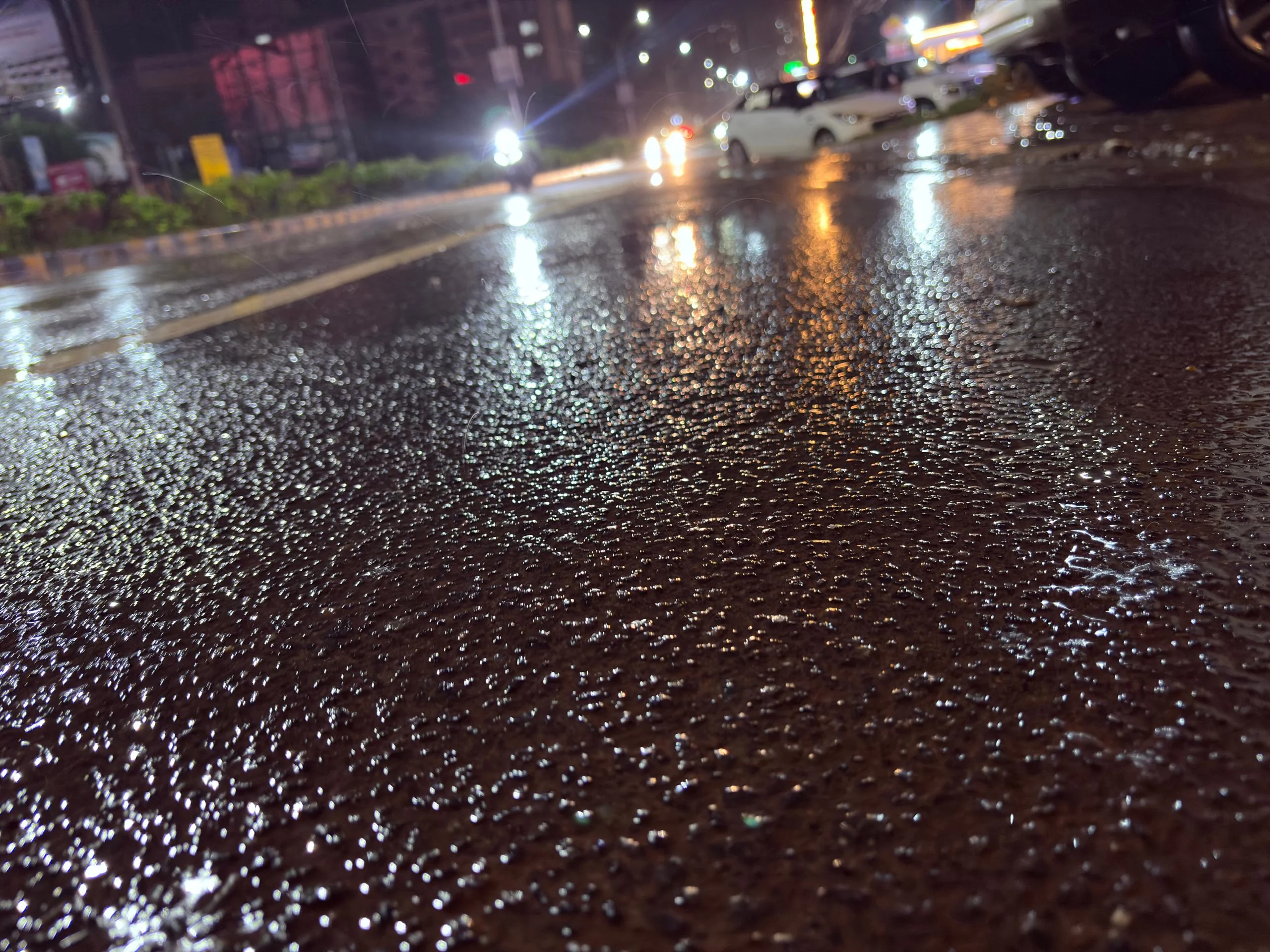Survival 101: The Skills No Lecture Will Ever Teach You – From dodging monsoon puddles to negotiating auto-rickshaw fares, a Botswana student in Mangalore discovers that the most important lessons of adulthood aren’t graded—they’re lived.
When Real Life Becomes the Classroom
By the time I arrived in Mangalore for my studies and internship, I thought I had my life skills sorted. I could cook, meet deadlines, and survive Botswana’s scorching heat without complaint. But nothing in university prepared me for the unique challenges of navigating daily life in a city that speaks in a different language, moves at a different rhythm, and rains like it’s being paid to flood the streets.
As an international student, I discovered there’s a whole syllabus of “unofficial” subjects you only pass by surviving them. Here are some of my favourites.
- The Art of Negotiation (a.k.a. Rickshaw Diplomacy)
Back home, you jump in a taxi, pay what’s on the meter, and that’s that. In Mangalore, the auto-rickshaw system is a little more… flexible. The meter is often “broken” (a word I now hear with suspicion), so the fare becomes a matter of discussion.
The first time I tried to negotiate, I confidently said, “Too much!” only to realise I had just agreed to a higher price in the local language without knowing it. I learned to bargain politely but firmly, often with a smile, because here, respect goes further than shouting.
- The Monsoon Survival Shuffle
No one told me that monsoon rain in Mangalore doesn’t fall—it attacks. My first week, I stepped out with a small umbrella, feeling prepared. Thirty seconds later, I was drenched from head to toe, my shoes squelching in protest.
Now, I have a survival kit: a sturdy umbrella, waterproof sandals, and the skill of walking on narrow shopfront ledges to avoid ankle-deep puddles. My friends joke that I could join the circus with my new balancing act.
- Decoding the ‘Yes-No-Maybe’ Head Wobble
This was a cultural puzzle I couldn’t crack for weeks. The famous Indian head wobble can convey a range of meanings, including “yes,” “no,” “I understand,” or “I’m listening.” Early on, I thought it always meant agreement.
During my internship, my supervisor wobbled in response to my question about taking a day off. I assumed it was a green light. The next day, I found my phone buzzing with messages asking why I hadn’t shown up. Lesson learned: always confirm with words, not just gestures.
- Mastering the Lost-and-Found Game
Public buses in Mangalore are an adventure. My funny encounter came when I boarded what I thought was the bus to the market. An hour later, I found myself in a fishing village, greeted by curious stares and the smell of fresh catch.
A kind local man realised I was lost and guided me back, explaining that I had read the bus number backwards. Now, I double-check with the conductor before committing to any ride.
- The Currency of Kindness
One skill no professor can teach is how to accept help without feeling helpless. In Botswana, we value community, but I didn’t expect strangers in Mangalore to go so far out of their way for me, whether it was helping me find an address, translating a shopkeeper’s instructions, or sharing an umbrella at a bus stop.
I’ve learned that saying “thank you” isn’t enough; it’s about paying it forward to someone else who needs it.
- Adapting Your Taste Buds
Spicy food in Botswana is a polite tap on the shoulder. Spicy food in India is a full-on slap to the senses. My first bite of local biryani had me gulping water like I’d just crossed the Kalahari Desert.
Instead of avoiding the heat, I trained my taste buds. Now, I can handle a fair amount of spice and I know to keep lassi nearby just in case.
The Final Exam: Resilience
All these “survival skills” add up to one thing resilience. I’ve learned to adapt quickly, laugh at my mistakes, and embrace the unknown instead of fearing it. University gave me knowledge; Mangalore gave me grit.
If I could advise any student moving abroad, it would be this: don’t just survive ngage. The best lessons happen outside the classroom, in the rain, in the market, or on a bus heading the wrong way.
And when you return home, you’ll realise you didn’t just collect skills you collected stories worth telling for the rest of your life.

